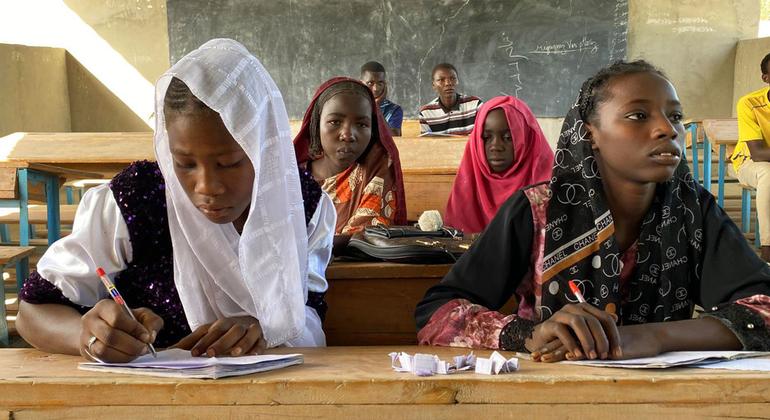Sure! Here’s your text translated into American English:
—
Each dollar invested in girls’ education can generate a significant economic return, reaching up to an additional $2.80 in global Gross Domestic Product (GDP). Similarly, every dollar allocated to water and sanitation has the potential to save up to $4.30 in healthcare costs. These figures highlight the importance of prioritizing investment in social policies and infrastructure, not just for the benefit of developing countries, but also for global economic growth.
Concrete data that emphasize these dynamics should underpin decisions regarding development aid. Increasing assistance to nations with limited resources not only improves their well-being but also positively impacts those countries that already enjoy greater economic stability. For instance, investment in combating non-communicable diseases is estimated to prevent nearly seven million deaths by 2030. Additionally, disaster prevention is estimated to generate significant savings, reaching up to $15 for every dollar invested.
Despite these strong arguments, development aid is often mistakenly perceived as a mere act of charity or abuse. However, the United Nations Development Programme has emphasized that many women, such as Afghan entrepreneurs, are not seeking charity but opportunities to grow and earn income independently. This type of empowerment not only grants autonomy to these women but also has a multiplier effect on local economies, creating jobs and improving quality of life.
The Fourth United Nations Conference on Financing for Development, scheduled from June 29 to July 3 in Seville, will address these challenges at a critical time. While several countries, led by the United States, are reducing or withdrawing their aid, Spain has chosen to increase its investment in this area by 12%. This decision underscores the contrast with the significant deficit in development financing, which is estimated at four trillion dollars annually.
The situation urgently calls for a reformed international financial system. Developing countries, which already face much higher interest rates than their developed counterparts, are trapped in a debt cycle that limits their ability to invest in basic services like health and education. In 2023, these countries spent a record $1.4 trillion on servicing their external debt, an expense that greatly restricts their development opportunities.
To advance the eradication of hunger, reduction of gender inequalities, and protection of the environment, it is essential to promote investment in areas that have proven to be effective. Despite the voices criticizing development aid, the majority of the international community remains united in seeking solutions to these global issues. Spain’s Secretary of State for International Cooperation has highlighted this conference as an opportunity to promote solidarity and collaboration at a global level, while data and empowerment experiences continue to demonstrate the importance of these investments.
—
If you need any further modifications or assistance, feel free to ask!
Source: MiMub in Spanish
